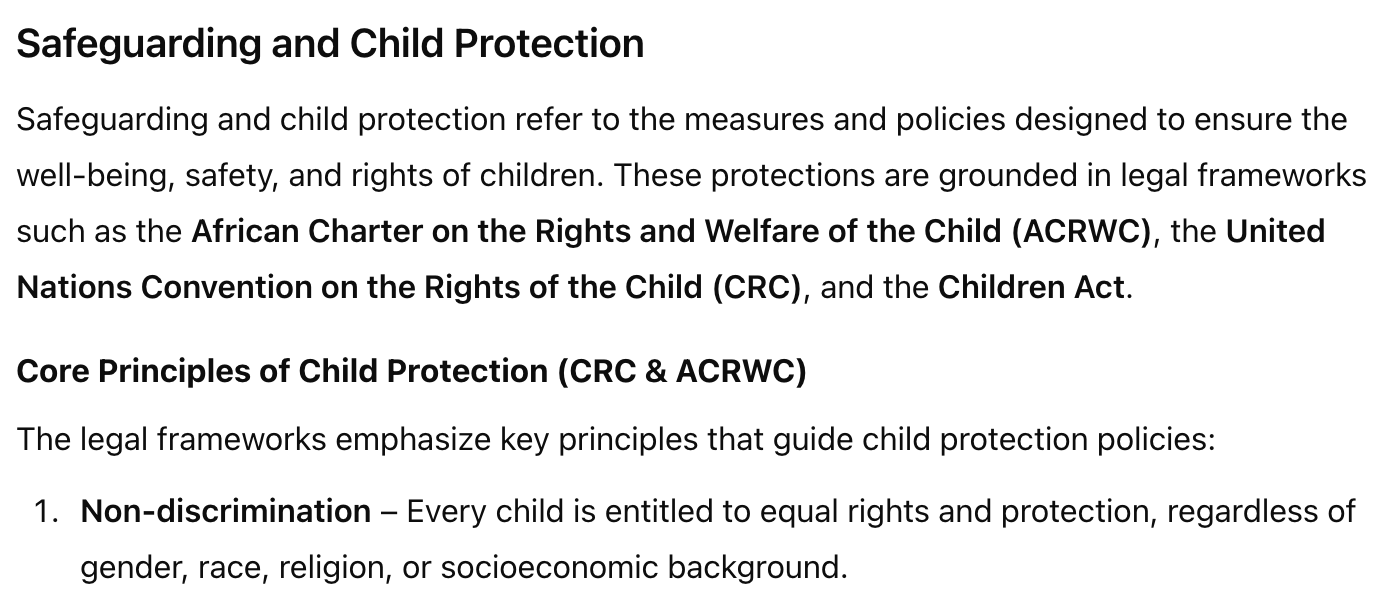The differences between a Clinical Officer and a Doctor can be understood through various aspects such as education, training, roles, and market opportunities. Here’s a breakdown:
Clinical Officer:
Doctor (Medical Doctor/Physician):
Clinical Officer:
Doctor:
Clinical Officer:
Doctor:
Clinical Officer:
Doctor:
In summary, while both clinical officers and doctors play essential roles in healthcare, doctors receive more extensive training and education, allowing them to handle a wider range of medical issues and pursue specialized fields. Clinical officers provide vital services, particularly in primary care and underserved areas, but their scope of practice is generally more limited than that of doctors.





